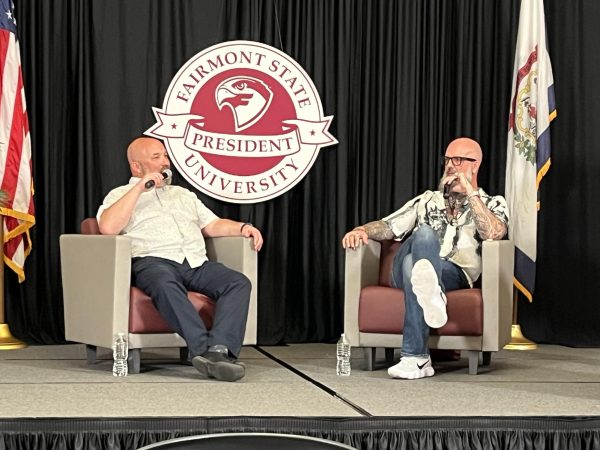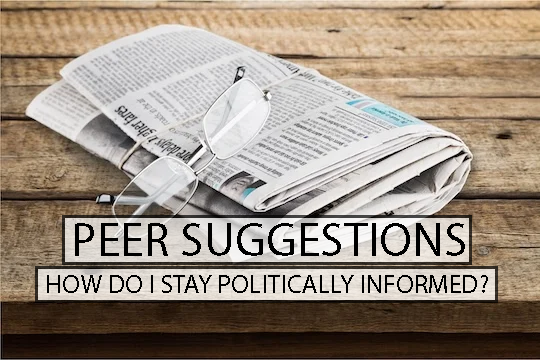Showing Allyship Towards LGBT+ Youth
On Wednesday, November 3rd, the last Women’s and Gender Studies Colloquium was held, presented by Ellen Rodrigues, Ph.D., Director of the LGBTQ+ Center WVU on the topic of experiences of LGBTQ+ youth in WV. The presentation was not only focused on the experiences of LGBT+ youth in WV, but also how one can be a good ally towards the LGBT+ community, particularly in a state like WV where they may feel like there is little support and allyship.
Rodriques began the presentation by encouraging students to begin thinking outside the gender binary, meaning that one understands gender as a spectrum. Rodriques says, “It is common for many of us who grew up in WV to think of gender just based on the binary on male and female. This is due to the educational system of WV focusing on this binary, particularly in sex education.” This lack of education on LGBT+ identities means that many LGBT+ youth in WV do not see any representation of their own identity in their classes and the language that their teachers use.
This lack of education and information for LGBT+ youth in WV can create a sense of isolation for them. Even if they have the Internet to provide them with some resources and information, they still may lack someone to talk to in real life to share their feelings or ask for help. This sense of isolation negatively impacts LGBT+ youth, as many of them grow up in small communities in WV where they can often feel isolated from and pushed out with little to no support system to back them up.
It is important and for one to make themselves known as an ally to any LGBT+ people they interact with. Rodrigues explains that showing allyship does not have to be a large gesture and it can be shown in small, subtle ways, such as having a pride sticker on a water bottle or laptop. Rodrigues says, “Something as small as displaying a rainbow flag in your office to show your inclusivity can speak volumes.” Small signs like those can show LGBT+ people that you are someone they can be their true self around, and provide them with a source of positivity and support that they may be lacking.
Rodriques explained other ways one can be a good ally, including not letting any discriminatory or derogatory comments towards LGBT+ people be tolerated. Even if the comment is not said in the presence of a member of the community, one should not let the comment go unchecked. This could mean reporting the comment to someone or making the person aware that their hate will not be tolerated, and explaining the importance of being gender- inclusive. If the comment was said to someone LGBT+ also check on them and make sure that they are okay after the negative interaction.
Being an ally towards the LGBT+ community does not have to be done in large gestures, one can show support in small, simple ways. Simply by asking how someone is doing, one can help break the sense of isolation that many LGBT+ youth in WV feel, impacting them in a large way through small actions.







